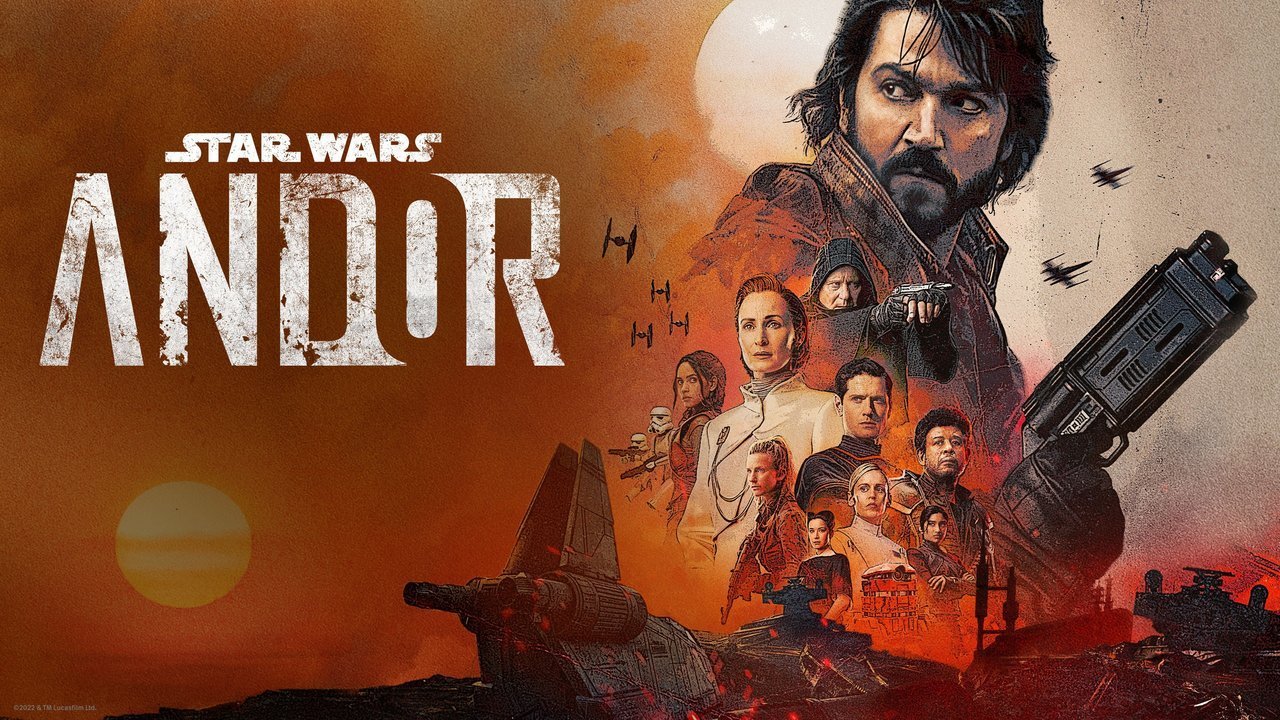Why The Most Emotional Story Beats In Marvel Are In Disney+ Shows
Before the Disney+ shows, the movies in the Marvel Cinematic Universe definitely warranted, to some extent, the copy-and-paste criticisms of Hollywood stars and the general public in recent years.
Fans have enjoyed that formula for years, of course, but what the MCU shows are accomplishing in a little more than year's time is setting new standards in how Marvel needs to tell stories and convey character emotion going forward, including in the movies.
RELATED:
As great as the movies are, the focus typically doesn't center around emotional states or character growth with significant depth. The writers need to establish settings that span places from China and Italy to Wakanda or even Asgard. Marvel movies almost always end with a climactic clash in the final act that is more about the visuals and superpowers than anything that remotely signifies character growth in realistic ways.
Even for those MCU movies that do imply character growth, it's rarely done at such a satisfying level. Thor learning his lessons about humility just sort of happens at the exact right time in the original Thor, and he doesn't seem too shaken up after one somber scene when his mother dies in Thor: The Dark World. Captain America simply tries (and fails) to drink through the pain of losing his best friend in Captain America: The First Avenger. Black Panther sort of has a decent arc after losing his father in Captain America: Civil War, but that ebb and flow is far too short-lived and serves as little more than a plot device that ties into Zemo's story. Emotional moments are there, but the movies often times blur past them too quickly.
I'm not necessarily criticizing these movies for short-changing the audience in this manner. Movies with so much world building and big story arcs that build on top of each other demand quite a bit of detail and development. But this is why the shows have been able to deliver what the movies have not. The shows have the time to iterate that tried-and-true blockbuster formula and convey true, grounded, real-world emotions that the audiences can relate to and appreciate, maybe even learn from.
WandaVision, the first Marvel show on Disney+, may still have done this the best so far. As powerful a superhero as she is, she still deals with real emotional setbacks. She struggled in her grief over losing Vision, because she both loved him and blamed herself for his death. Creating Westview is an interesting "superhero" way of watching a person protect themselves in their own little bubble from their pain and hurt. After the finale, conversation from fans implied they were disappointed in it because all the fan theories didn't come to pass, but the true point of the show was missed and underappreciated. Wanda gained closure in one of the most emotional scenes in all of the MCU when she says goodbye to Vision, an absolutely well-earned payoff of the character arc. In the end, we see her growth as she begins to move forward with her grieving.
The latest MCU show, Moon Knight, deals with a wholly unique set of emotional problems for an MCU character. Marc Spector dealt with a life-altering psychological illness after he failed to deal with shame and regret after he assumed responsibility for the death of his younger brother (his mean mother certainly didn't help his situation). His creation of an alternate personality in Steven Grant is a classic example of dissociative identity disorder. When he finally came to his sense, Mark was in emotional shambles. Many people struggle to deal with guilt, remorse, and self-forgiveness from past mistakes or traumas. Marvel's willingness to develop both sides of Moon Knight enough to make that twisty reveal pay off cannot be understated enough.
In Hawkeye, we see both Clint and Yelena handle the loss of Natasha in their own ways; Clint's tribute was especially touching. Though Falcon and Winter Soldier had several underdeveloped storylines, the arc of Sam and Bucky both dealing with the pressure of expectations when following in Captain America's shoes was executed well, better than the way Peter Parker was being pressured to be the next Iron Man in Spider-Man: Far From Home. Also, Falcon and Winter Soldier was emotionally charged by reflecting the political drama in the U.S. shortly before it aired in 2021.
In some ways, all of the Marvel shows have struggled with pacing because, in some ways, the writers are still piecing these six- or eight-episode seasons together as they would a movie. But a bi-product of that all-too-fluid structure is an underlying emotional tone that have lifted the shows to new heights that the movies simply haven't matched, and I'm here for it.
READ NEXT:




